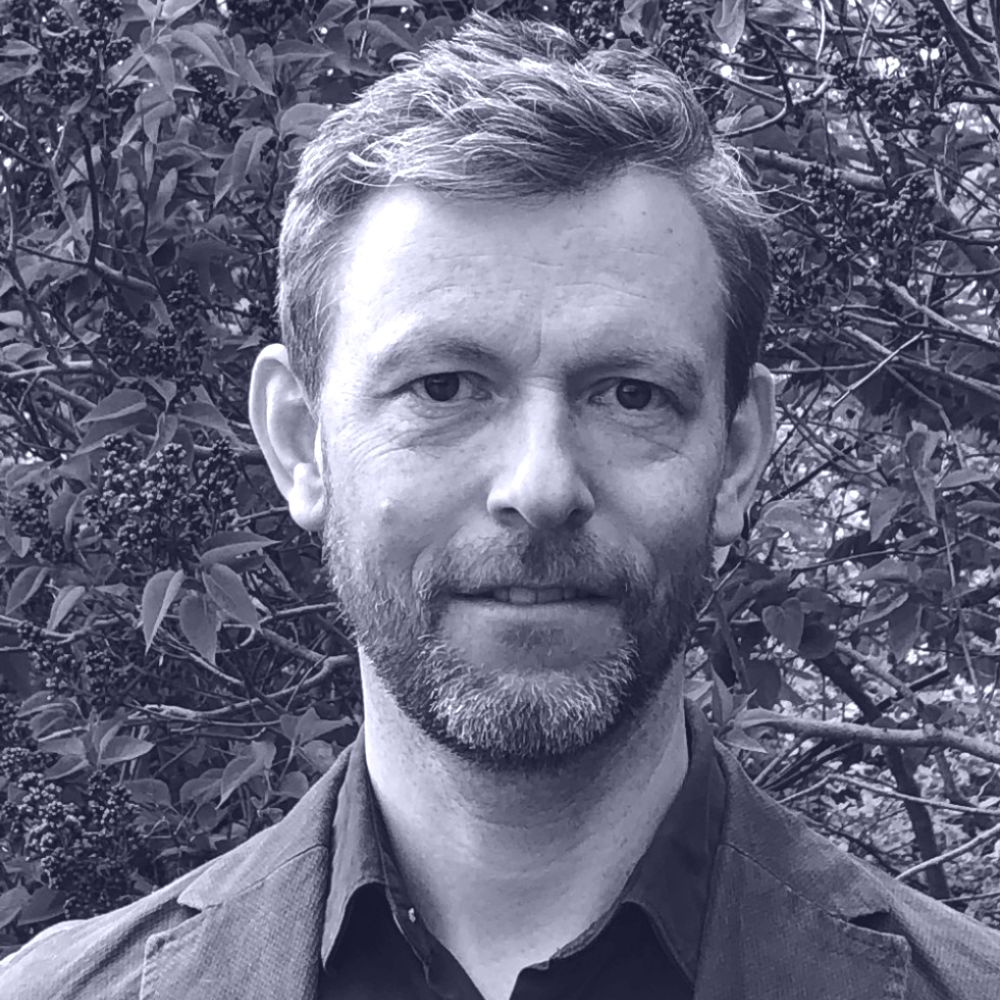Details.
When
Tuesday 22 June – Sunday 25 July 2021
11.59pm (AEST)
Where
Design Speaks Virtual Portal
Virtual Event
Tickets
Ticket sales for this event are closed.
Program Info
As the world grapples with the most far-reaching health crisis in more than 100 years, along with an ageing population and persistent health disparities, the role that architecture can play in health care deserves renewed attention.
How can we ensure architectural agency in the health care sector is progressive and responsive, rather than reactive? This edition of the Health Care / Health Design forum explores how architectural outcomes can influence the quality and efficiency of our health care systems. Leading practitioners, researchers and administrators from Australia and abroad discuss issues, share their experiences and interrogate architecture’s relationship with the health challenges the world faces today.
Partners
Principal partner
Major partner
Earn CPD Points
Download CPD Questions and Learning Outcomes
CPD – Frame of Mind: Designing for Mental HealthContacts
Heather Cotton
Project Manager, Awards and Events Header Image Södra Älvsborg Hospital Psychiatric Clinic in Sweden by White Arkitekter. Photography by Felix Gerlach.Program.
-
Frame of Mind: Designing for Mental Health
In healthcare design, the environments architects create are for patients when they are at their most vulnerable. While poorly designed environments exacerbate patient anxiety and stress, well-conceived architecture can lead to improved health outcomes. With this in mind, will the movement of a human-centred design approach re-shape what we currently understand to be healthcare design? In this session, speakers at the forefront of research and practice in this sector will discuss the kind of architectural interventions that are needed. -
Welcome
Log in to the Design Speaks Virtual Portal to access the one-hour speaker presentation session and the panel discussion. -
Speaker presentations
Peter Johnstone, White Arkitekter (Gothenburg, Sweden)
Rebecca McLaughlan, University of Newcastle (Newcastle, NSW)
Jan Golembiewski, Psychological Design (Sydney, NSW) -
Dissection
An hour-long panel discussion with Peter Johnstone, Rebecca McLaughlan and Jan Golembiewski.
Moderator: Tara Veldman from Billard Leece Partnership. - CPD – Frame of Mind: Designing for Mental Health
Speakers.
Peter Johnstone
Architect, White Arkitekter
Peter Johnstone is an architect at White Arkitekter, the leading healthcare design practice in Sweden. As a specialist in healthcare design, Peter has been part of some of White’s most recent high-profile projects; the Psychiatric Clinic at Södra Älvsborg Hospital and Queen Silvias Children´s Hospital at Sahlgrenska University Hospital. He’s currently working on the expansion of Malmö University's hospital that’s set to be completed in 2025. Handling the challenging complexity in health care and keep focus on architecture is one of Peters strength. He believes that the foundation for best practice is the understanding and collaboration between architect, business and client.
Rebecca McLaughlan
Australian Research Council DECRA Research Fellow, University of Newcastle
Dr Rebecca McLaughlan is an Australian Research Council DECRA Research Fellow based at the University of Newcastle. For more than a decade, her work has investigated the capacity of architectural design to support wellbeing within healthcare environments. Across palliative care, mental health, oncology and paediatric health care, McLaughlan’s research looks at the perception and use of healthcare spaces: how do healthcare environments make people feel, how can they best support staff in the delivery of patient care, and – with particular relevance for palliative care and mental health – how can design assist in encouraging greater engagement with healthcare systems? It is motived by the suspicion that during times of intense vulnerability architecture has the most profound effect.
Jan Golembiewski
Director, Psychological Design
Associate professor Jan Golembiewski PhD is the director and nominated architect at Psychological Design. He is one of the world’s leading architects driving innovation and research around behavioural, affective and psychological reactions to the physical environment. This places him at the centre of current thinking about the effects of design and health. His work has earned him a fellowship in the Centre for Urban Design and Mental Health and a place in the Expert Reference Group of Dementia Training Australia. His work around problem solving in this space is also important, not only in the field of design, but in neuroscience earning another fellowship; he is the only architect to have been invited to join the Schizophrenia Research Institute.
Moderator.
Tara Veldman
Managing Director, Billard Leece Partnership
Tara has over 20 years’ experience designing projects across Australia, Europe, and the Middle East. As Managing Director at Billard Leece Partnership, Tara leads the team to deliver people-based design solutions, translating evidence-based research into the built environment across architecture, master planning, and interior design.
Having designed both in Australia and internationally, Tara brings her expertise of working across a range of sectors and typologies, most notably as an expert in healthy environments. Tara is shaping the future of social infrastructure by designing spaces that promote collective wellbeing.
Peter Johnstone
Architect, White Arkitekter
Peter Johnstone is an architect at White Arkitekter, the leading healthcare design practice in Sweden. As a specialist in healthcare design, Peter has been part of some of White’s most recent high-profile projects; the Psychiatric Clinic at Södra Älvsborg Hospital and Queen Silvias Children´s Hospital at Sahlgrenska University Hospital. He’s currently working on the expansion of Malmö University's hospital that’s set to be completed in 2025. Handling the challenging complexity in health care and keep focus on architecture is one of Peters strength. He believes that the foundation for best practice is the understanding and collaboration between architect, business and client.
Rebecca McLaughlan
Australian Research Council DECRA Research Fellow, University of Newcastle
Dr Rebecca McLaughlan is an Australian Research Council DECRA Research Fellow based at the University of Newcastle. For more than a decade, her work has investigated the capacity of architectural design to support wellbeing within healthcare environments. Across palliative care, mental health, oncology and paediatric health care, McLaughlan’s research looks at the perception and use of healthcare spaces: how do healthcare environments make people feel, how can they best support staff in the delivery of patient care, and – with particular relevance for palliative care and mental health – how can design assist in encouraging greater engagement with healthcare systems? It is motived by the suspicion that during times of intense vulnerability architecture has the most profound effect.
Jan Golembiewski
Director, Psychological Design
Associate professor Jan Golembiewski PhD is the director and nominated architect at Psychological Design. He is one of the world’s leading architects driving innovation and research around behavioural, affective and psychological reactions to the physical environment. This places him at the centre of current thinking about the effects of design and health. His work has earned him a fellowship in the Centre for Urban Design and Mental Health and a place in the Expert Reference Group of Dementia Training Australia. His work around problem solving in this space is also important, not only in the field of design, but in neuroscience earning another fellowship; he is the only architect to have been invited to join the Schizophrenia Research Institute.
Tara Veldman
Managing Director, Billard Leece Partnership
Tara has over 20 years’ experience designing projects across Australia, Europe, and the Middle East. As Managing Director at Billard Leece Partnership, Tara leads the team to deliver people-based design solutions, translating evidence-based research into the built environment across architecture, master planning, and interior design.
Having designed both in Australia and internationally, Tara brings her expertise of working across a range of sectors and typologies, most notably as an expert in healthy environments. Tara is shaping the future of social infrastructure by designing spaces that promote collective wellbeing.






